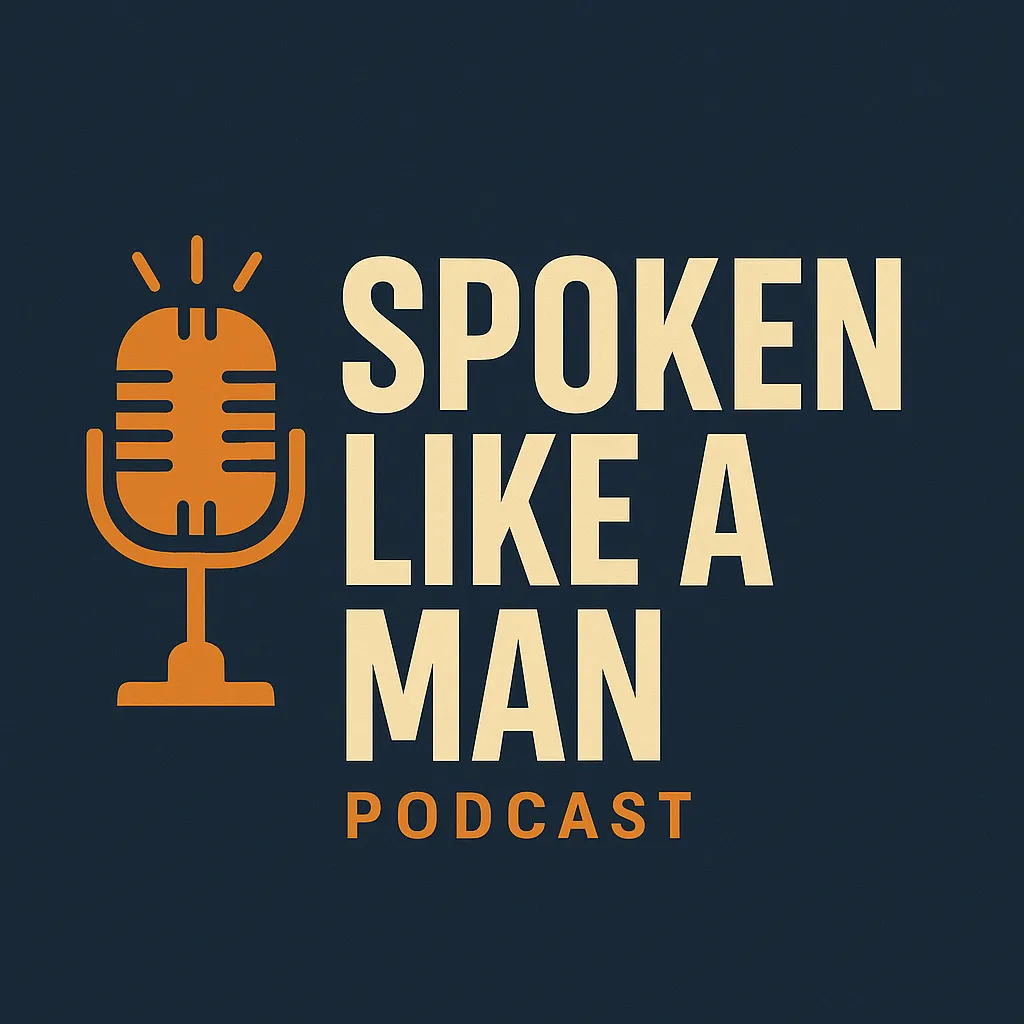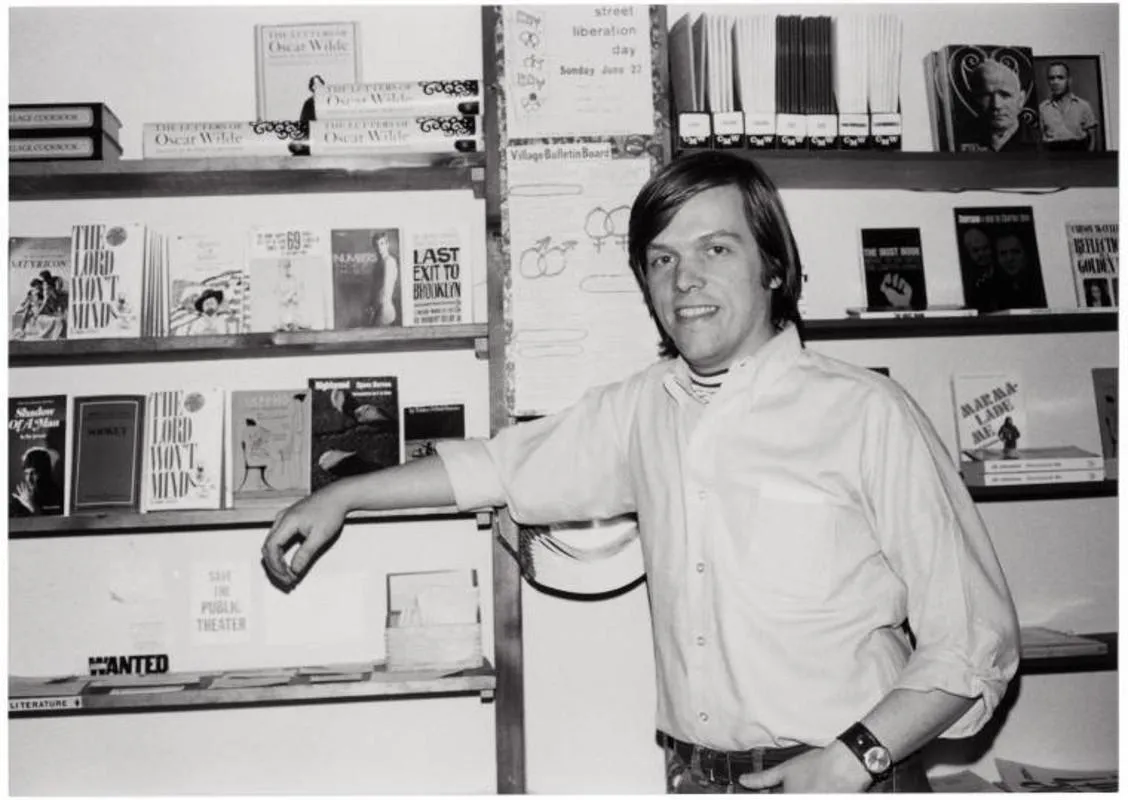
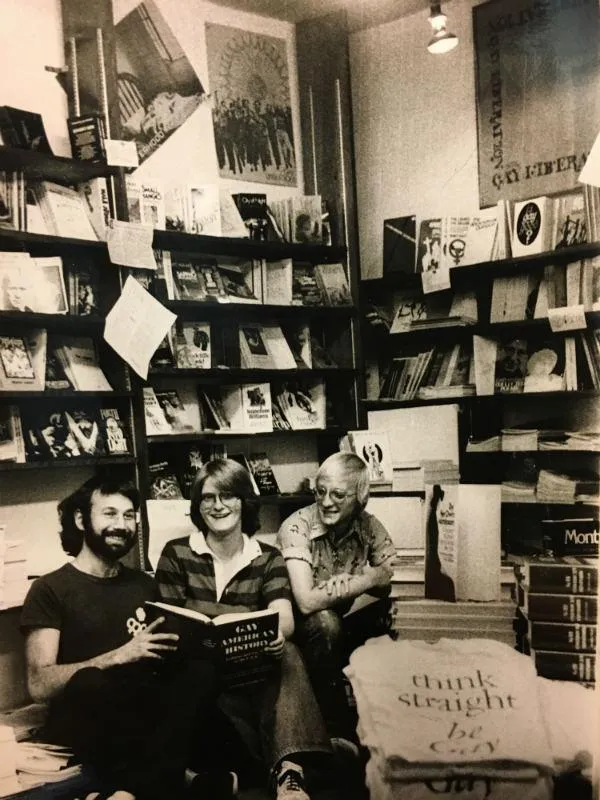
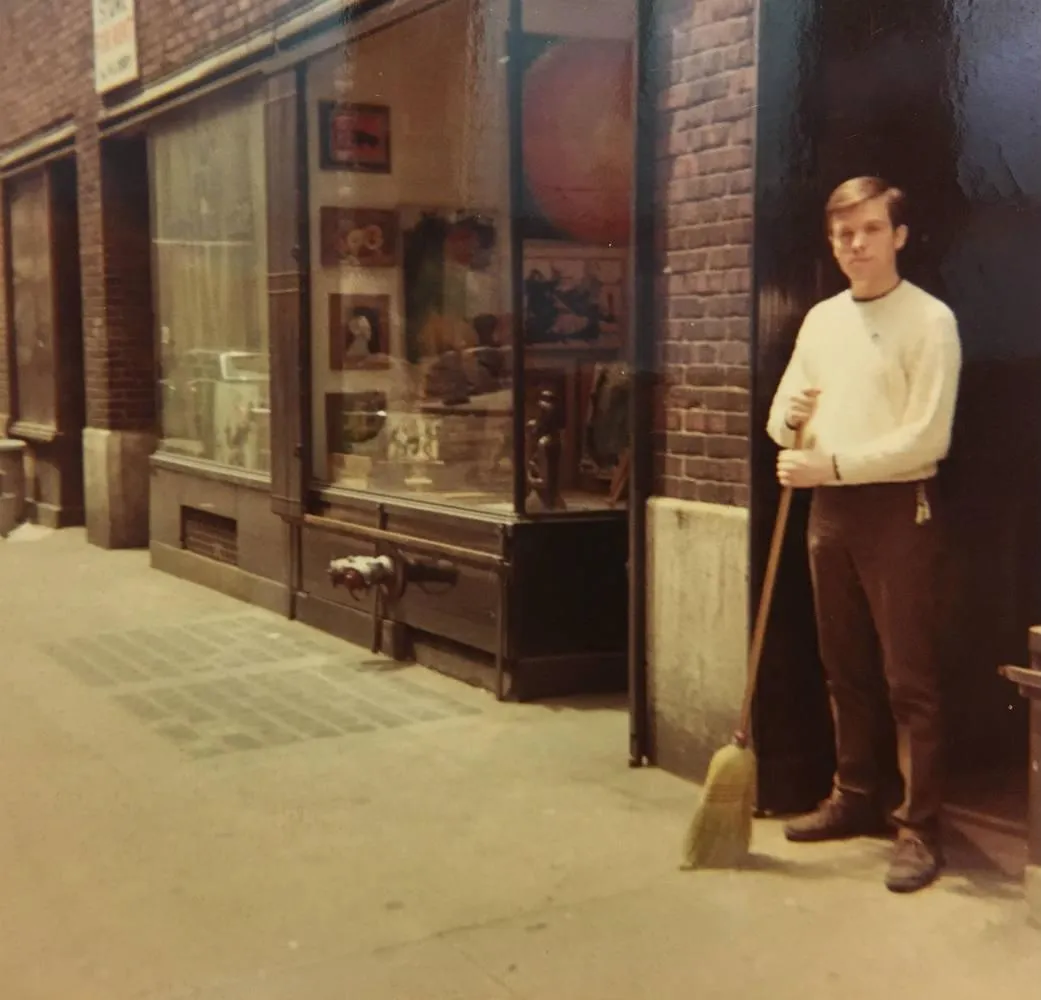
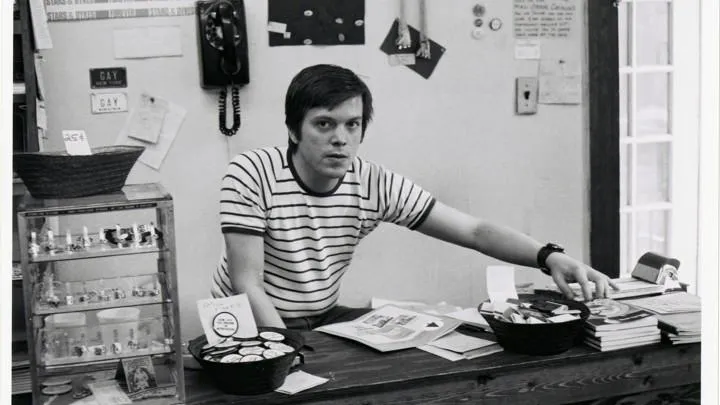
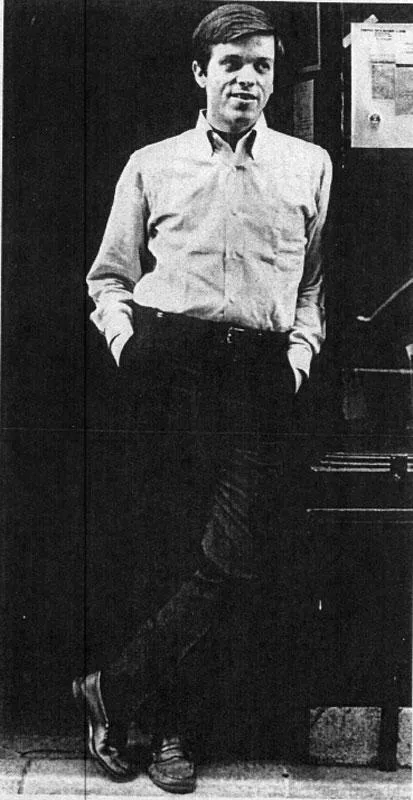
Identity: Biological male
Orientation: Gay man
Known for: Organizer of the first Pride march; founder of the first gay bookstore in the U.S.; early gay rights activist who rejected drag and gender nonconformity as the focus of the movement
Early Life and Background
Craig Rodwell was born on October 31, 1940, in Chicago, Illinois. He knew he was gay from a young age and became involved in activism as a teenager. In his early 20s, he moved to New York City and joined the Mattachine Society, one of the first gay rights organizations in the U.S.
Rodwell was deeply influenced by civil rights activism and favored strategic, rational, assimilationist approaches to gay rights — modeled more after Martin Luther King Jr. than later liberationist figures.
Activism and Role in LGBTQ History
Rodwell was:
A committed gay rights activist
An early organizer of “sip-ins”, where gay men publicly challenged discriminatory bar service policies
A fierce critic of the Mattachine Society’s reluctance to push harder for public, unapologetic demonstrations
In 1967, he founded the Oscar Wilde Memorial Bookshop — the first bookstore in the U.S. devoted entirely to LGBTQ literature and authors. It became a hub for gay intellectual life in New York City.
Response to Stonewall and the Birth of Pride
Rodwell was present during the Stonewall uprising, but unlike others, he didn’t mythologize the night. He saw it as a spontaneous reaction to police harassment — one that needed to be followed up with organized, intentional public action.
It was Craig Rodwell, not Marsha P. Johnson or Sylvia Rivera, who first proposed the idea of a “Christopher Street Liberation Day” — a march on the one-year anniversary of Stonewall.
This event became the first Pride march, held on June 28, 1970, in New York City.
Philosophy and Opposition to Gender Blurring
Rodwell supported a strategy of “respectability politics” during the early gay rights movement. He believed that mainstream society would be more likely to support equal rights if gay men presented themselves as conventional, professional, and non-threatening.
During the Annual Reminder pickets (1965–1969), which Rodwell helped organize, participants were required to wear formal clothing — suits for men, dresses for women — to project an image of responsibility and normalcy.
This approach often excluded more visibly gender-nonconforming individuals, such as drag queens and transvestites, from leadership or public representation. Rodwell didn’t explicitly denounce these groups, but his tactics prioritized assimilation over radical visibility.
That position was controversial even then — and it stands in sharp contrast to the values and visual culture of today’s Pride movement.
Later Life and Death
Rodwell continued to operate the Oscar Wilde Bookshop and remain active in advocacy until his health declined. He died of stomach cancer in 1993 at the age of 52.
Why Craig Rodwell Matters
He coined and organized the first Pride march — not as a drag celebration, but as a political demonstration for equal rights.
He was a biological male, openly gay, and deeply strategic in his activism.
He represents a side of LGBTQ history that is often silenced today: assimilationist, male-led, and firmly focused on adult civil rights, not gender identity.
Works Cited
National Park Service. “Craig Rodwell and the Oscar Wilde Bookshop.” Stonewall National Monument, May 13, 2025.
https://www.nps.gov/ston/learn/historyculture/oscarwilde.htm
Confirms Rodwell’s biography, activism, founding of the Oscar Wilde Bookshop, and his role in organizing the first Pride march.
JMellison / World Queerstory. “The Annual Reminder Pickets: A Beginning to Trans‑Exclusion.” Sept 2016.
https://jmellison.net/if-we-knew-trans-history/the-annual-reminder-pickets-a-beginning-to-trans-exclusion/
Documents the formal dress codes at the Annual Reminder pickets and their exclusionary effect on gender-nonconforming participants.
World Queerstory. “Heroes of Stonewall: Craig Rodwell.” June 24, 2019.
https://worldqueerstory.wordpress.com/2019/06/24/heroes-of-stonewall-craig-rodwell/
Provides a detailed overview of Rodwell’s life, early activism, civil rights influence, and leadership in post-Stonewall organizing.
NYC LGBT Historic Sites Project. “Oscar Wilde Memorial Bookshop.”
https://www.nyclgbtsites.org/site/oscar-wilde-memorial-bookshop/
Verifies the bookstore’s founding, its historical significance, and Rodwell’s vision for LGBTQ literature and community visibility.
New York Public Library Archives. “Craig Rodwell Papers, 1940–1993.”
https://archives.nypl.org/mss/2606
Archival record confirming Rodwell’s lifetime of activism, his bookstore, Stonewall participation, and planning of the first Pride march.
